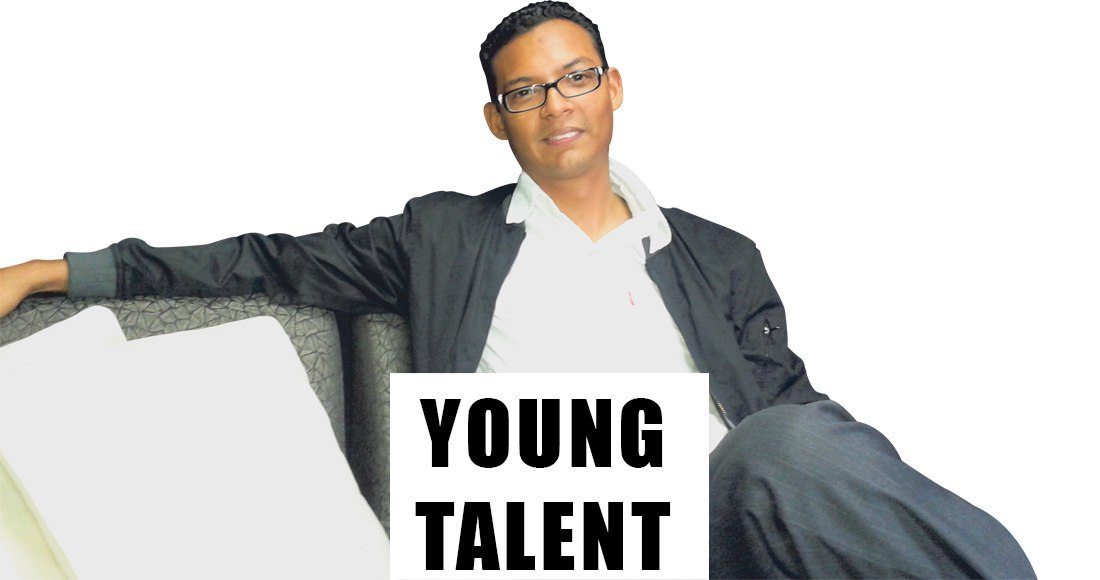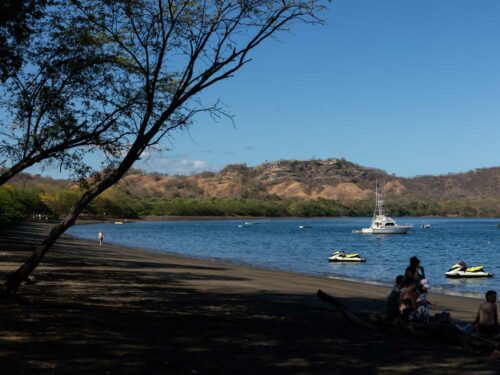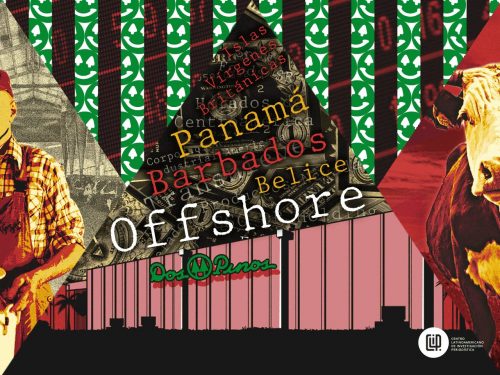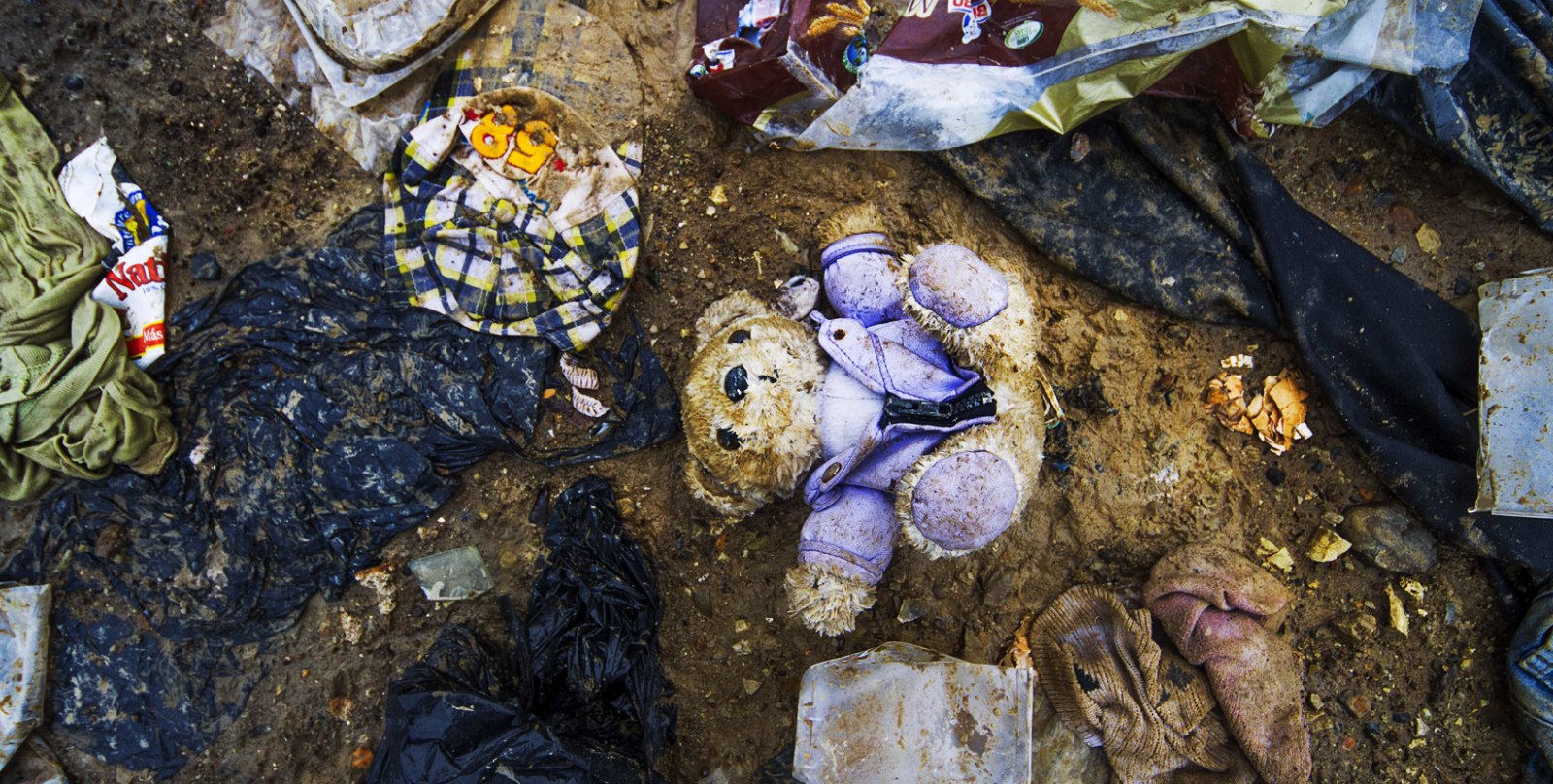
Born in the year 1985 from the El Capulin neighborhood of Liberia, Rigoberto Carvajal would be recognized as one of the best programmers in the world of journalism.
On April 3, 2016, the whole world woke up to one of the largest investigations in history: the “Panama Papers.” A total of 370 journalists from 80 countries participated in the investigation of confidential documents from Panamanian firm Mossack Fonseca, which allowed different companies around the world to evade taxes. The investigation was orchestrated by the International Center for Investigative Journalism (ICIJ). However, for all of this to be possible, three engineers from lCIJ were devoted to analyzing and processing databases, and who better than Liberian Rigo Carvajal to organize the 11.5 million legal and financial documents collected.

At 30 years old, Carvajal is one of the most recognized and sought after systems engineers in the world due to his outstanding participation in data journalism investigations.
How does an engineer end up becoming part of journalistic news departments?
I was in the world of software development before. When I graduated as a computer engineer, I went into developing software. Then an opportunity came up with [the newspaper] La Nacion. [Journalist] Giannina Segnini was looking for an engineer for her team in the data unit and then I started. I took the job and from then on, it was a learning experience. I had nothing to do with journalism, but I could apply my skills and the truth is I loved it. I found a very rewarding job, very different from what software development is, just to make money, because I was using my skills to correct social problems, things that were affecting the country. That fulfilled me so much that I remain committed to journalism. It is a very powerful weapon for solving problems, both in the country and in the world.
And how it is that someone from Liberia ended up being a key player in one of the largest investigations in the world like Panama Papers?
Well, everything has come about step by step. As someone committed to faith, I have taken advantage of all the blessings and opportunities that God has given me. At La Nacion, we were doing many projects of great importance and we were developing data journalism at a stage when it was like new, something that all newspapers were interested in doing and in how to do it. There is still a lot of interest, but in Latin America, we were pioneers in this system, and it became known outside to the point that ICIJ had their eye on us and asked us to collaborate on a publication in 2013 and they ended up very happy with the work. In 2014, we left La Nacion and ICIJ found out about it and offered us work.
Did you imagine that the Panama Papers research would have so much impact on the world and that in some way a large part of it was due to your work?
I did have high expectations for the project because I was familiar with the information. I was involved from the beginning and I collaborated in some stories. In addition, I knew how many journalists were being involved and that everyone was going to publish it on the same day. So, yes, I had good expectations, but really I think the results exceeded [my expectation] because there was so much repercussion from the project to date, not only politically but commercially. I recently found out about a major company that fired their managers because they were involved, so that project is not only having an impact on laws but also on the business level.
Being from Guanacaste, what investigation or what database from Guanacaste would you like to analyze?
The subject of health is very interesting. I think that diabetes is very abundant. It is not something that I am certain about, but I see that there are many cases. It would be interesting to see not only how many cases, but to look for reasons or causes. Sometimes I have wondered if the heat here affects it since you see in the market in Liberia, you see all the hot people drinking their Coca-Cola and their sodas and that obviously does not help, so that seems interesting to me. Water is another subject that needs to be given more attention or the pollution of that same resource.
Why would you recommend that someone from Guanacaste who is studying for a systems engineering degree right now should lean toward data journalism?
I would invite them to try out how rewarding it is to dedicate their skills to this noble work. I always remember a phrase I saw in the movie Spider-Man, which said that intelligence was not a privilege but a responsibility, that we had to use our skills and knowledge to benefit society and not for our own advantage. I would say that journalism is the most effective way to apply this, to be able to correct things. Sometimes we find out about things and we complain, but complaining does not accomplish much. It is better to act and to use the power of journalism.







Comments